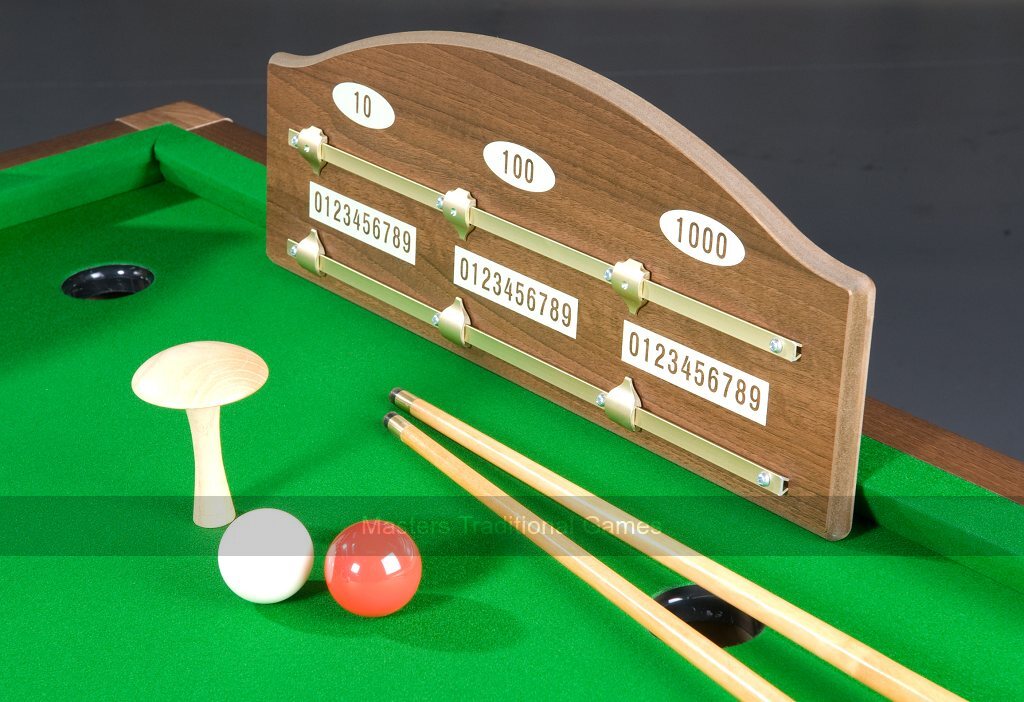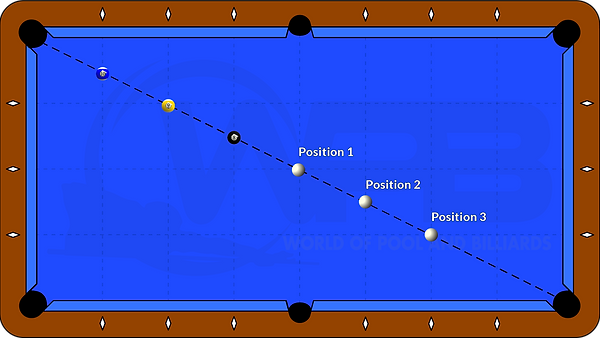
Pool is one of the world's most popular sports. You can play it on many different sizes of tables. You need to be skilled at the game. Although there are many variations of pool, the most popular ones are eight ball and continuous pool. These games require skill and can either be played solo, in pairs or as a group sport.
The objective of the game is to pot all designated balls. This includes the cue ball, eight-ball and other object balls. Each player is allowed to choose from one of two pockets found at the foot the table. They will continue until they are fouled or miss. If a foul is committed, the player must put the ball back on and take a new shot. There are many fouls that could happen, including hitting the cue balls into objects, breaking, breaking and jumping.
The World Standardized Rules are the official rules of pool. They are used by many international tournaments and organisations, as well the Billiard Convention of America. When a foul is committed, the ball that was pocketed must be put back on and the opponent's ball pocketed by the cue ball counts as a point for the opponent.

In eight-ball, the goal is to pocket the black eight ball. Depending upon the game variation, the other balls may be numbered 1-9. The player who takes a ball from his pocket wins the game.
A normal foul gets you a minus. If the ball is taken in foul play, it will be penalized with a minus point. After the player takes his next shot, he can choose to restore the position that he was in prior to the foul. He may choose to keep his shot, and if his opponent places a ball in his pocket, he will be awarded a point.
Another type of foul is the ball in hand foul. This happens when the ball is touched by a player without his or her foot touching the floor. Before taking a shot, a player must announce the pocketed ball. The ball that was pocketed during foul play must be positioned as close to the feet spot as possible.
Before taking the next shot, the player who has committed two fouls consecutively must be warned. A third foul, if not accepted by the player, will result in the loss of the game. The player will be penalized if he or she breaks in an inning.

A non-player interfering foul is another form of foul. A foul is one that is not considered to be player interference. Non-player interference doesn't count if the ball was pocketed during the course or a foul.